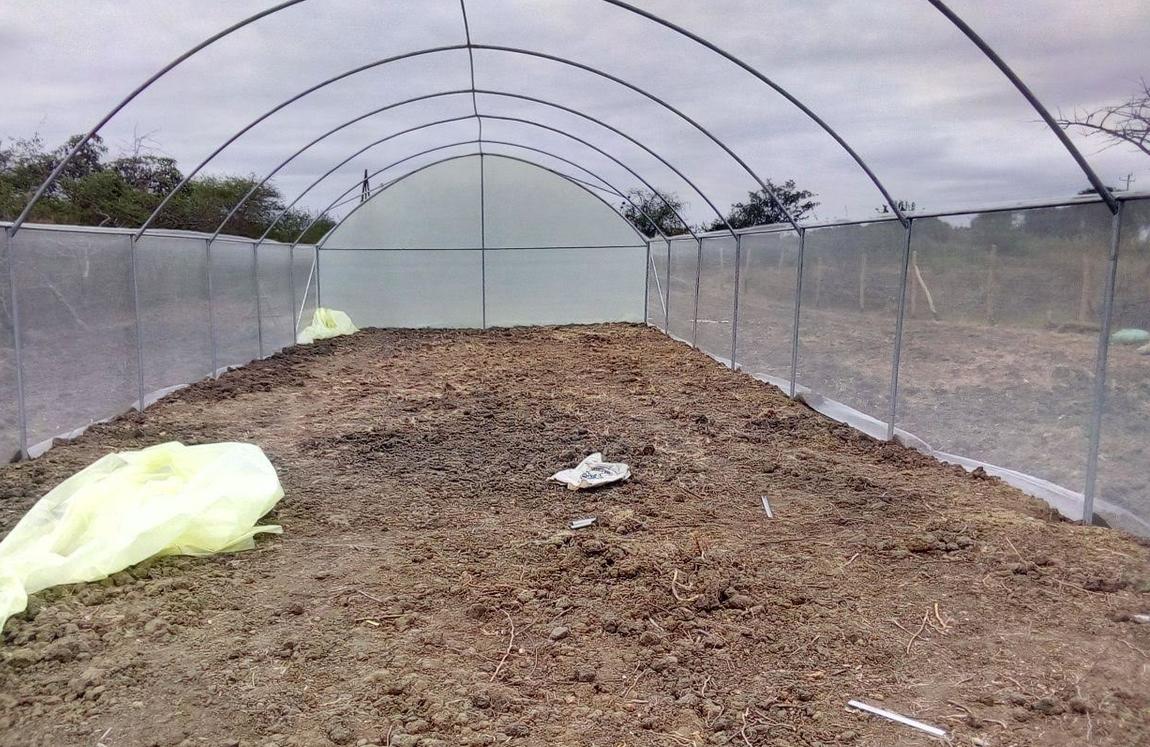
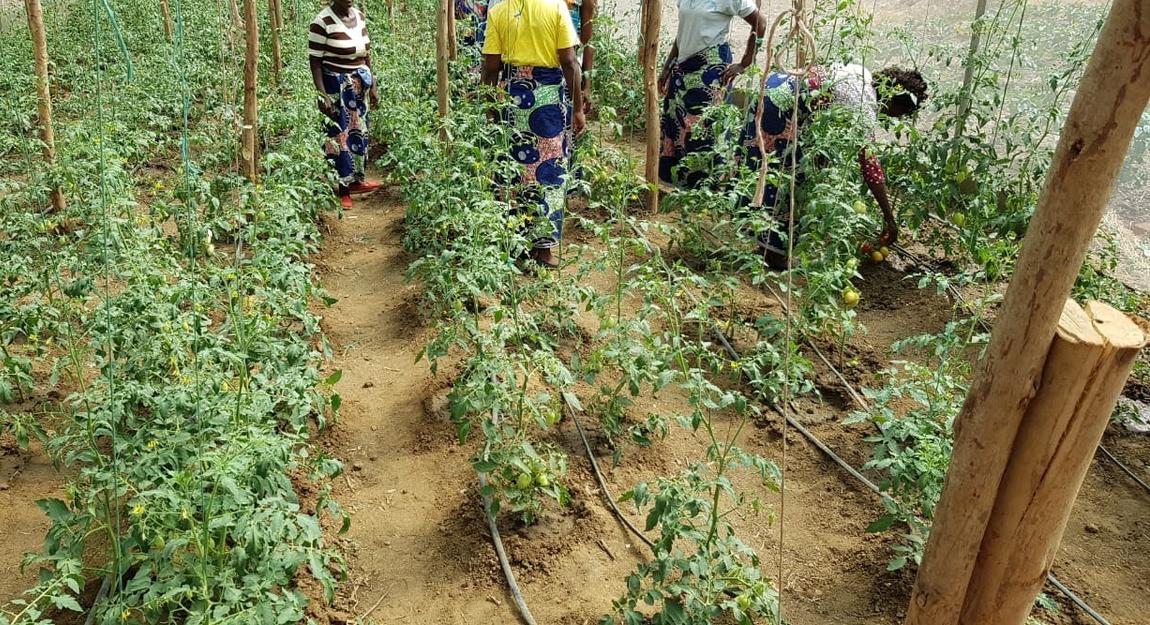
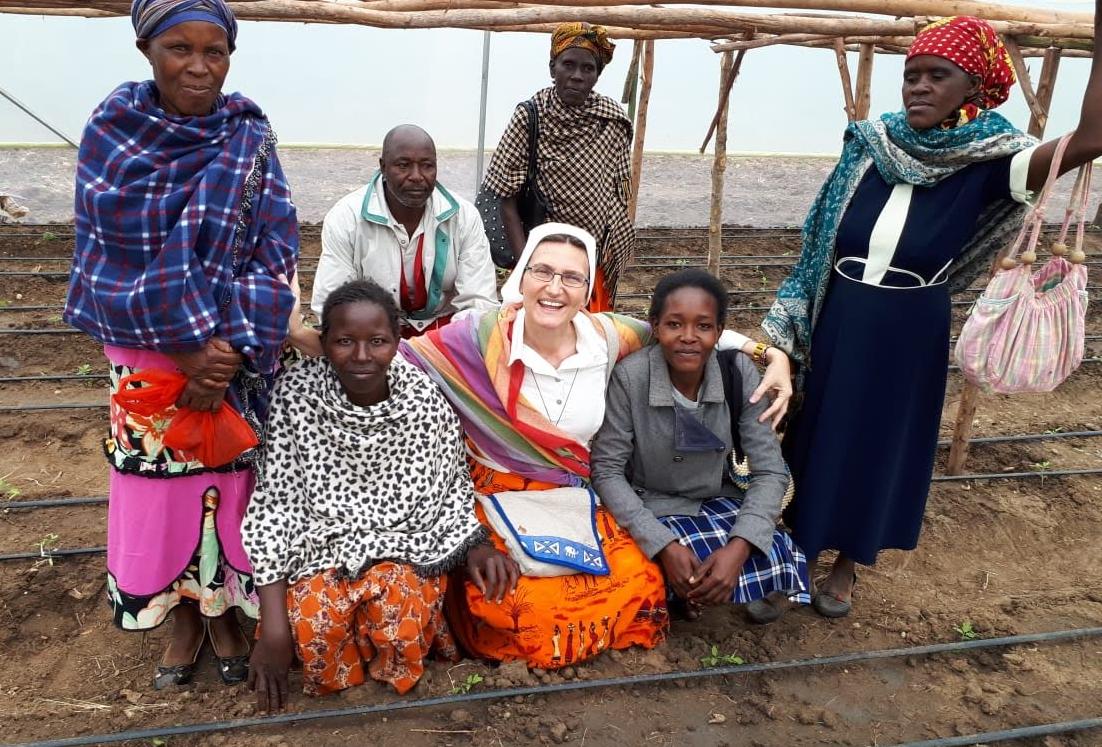
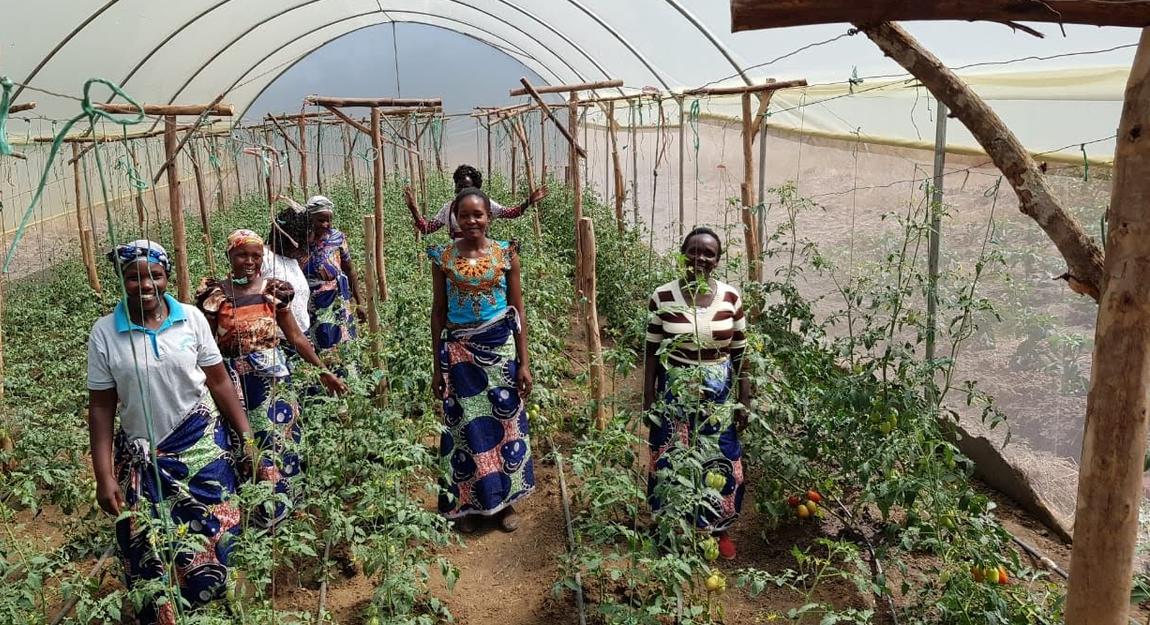
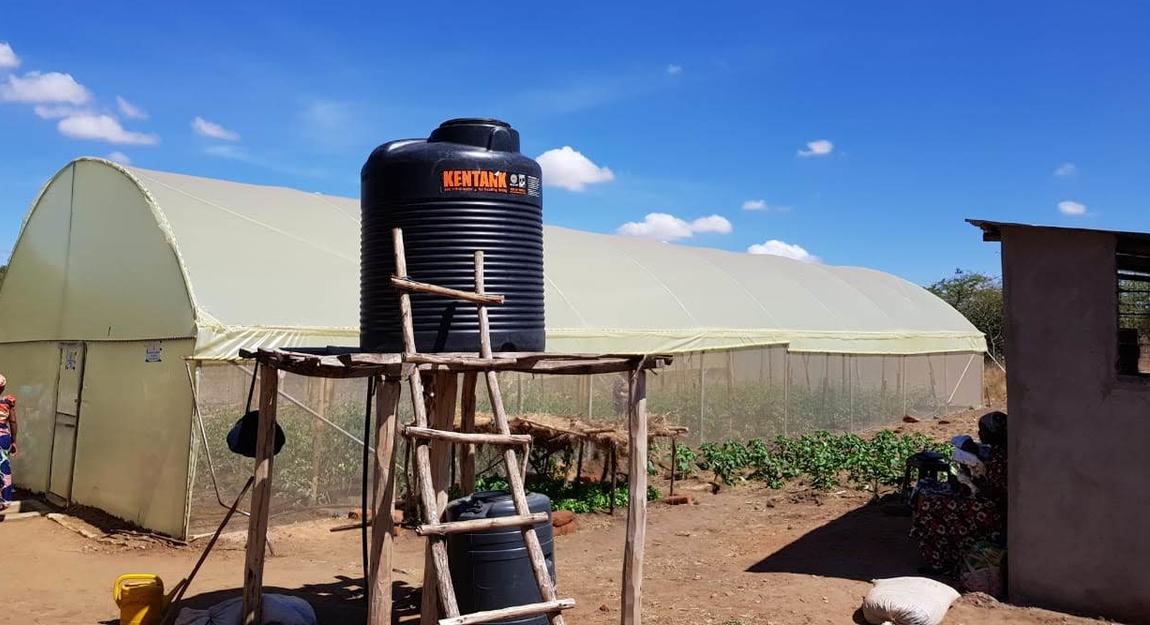
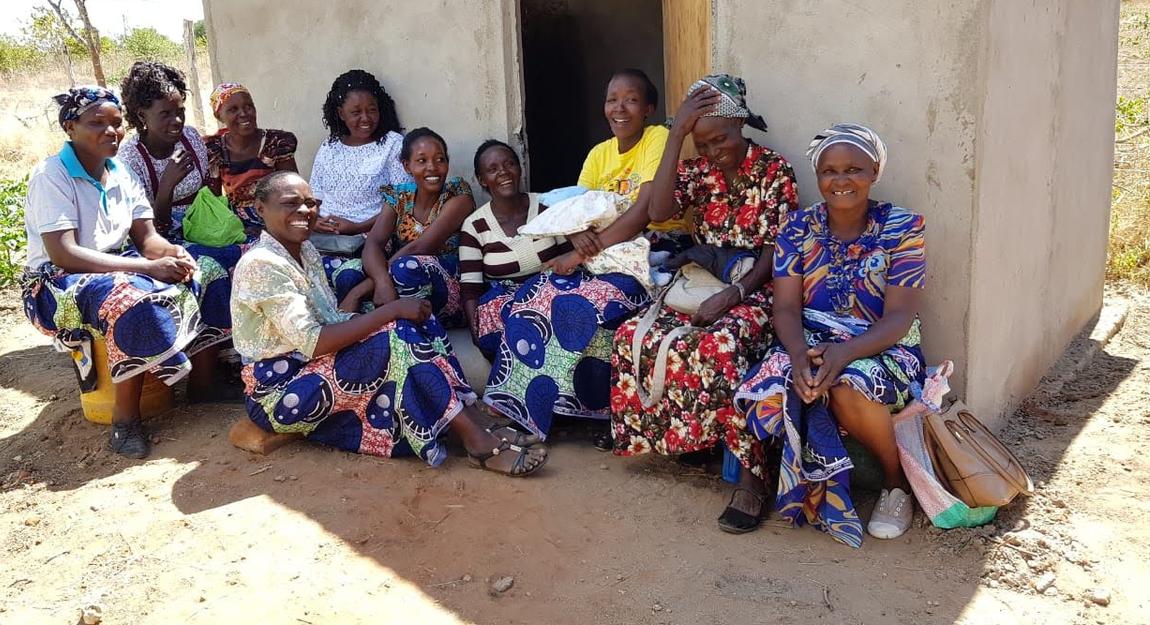
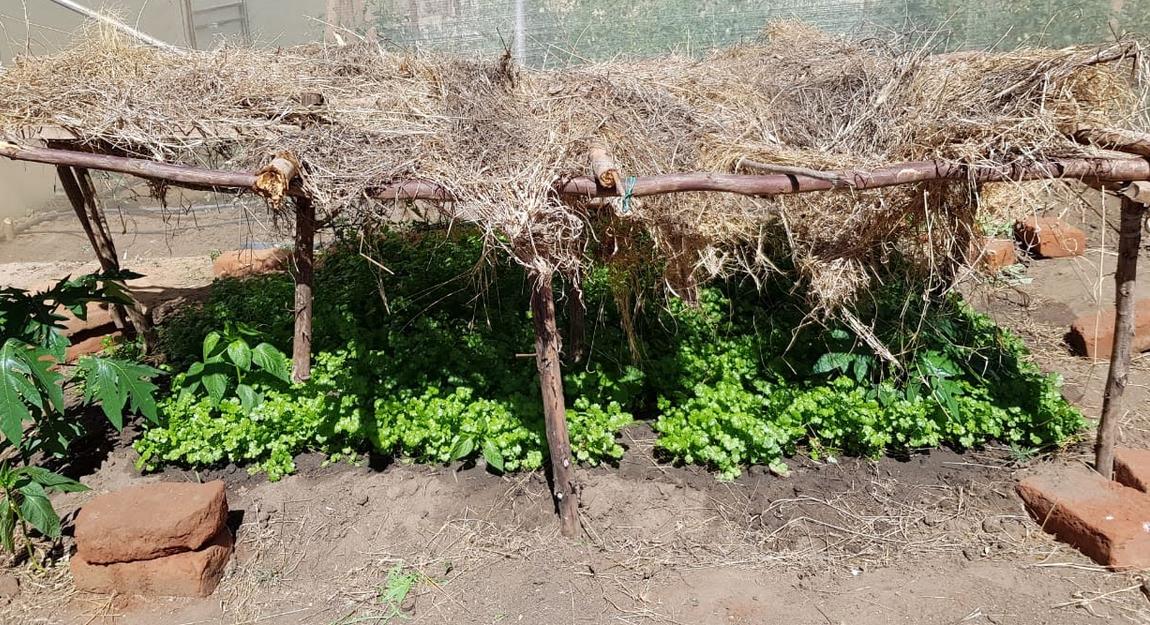
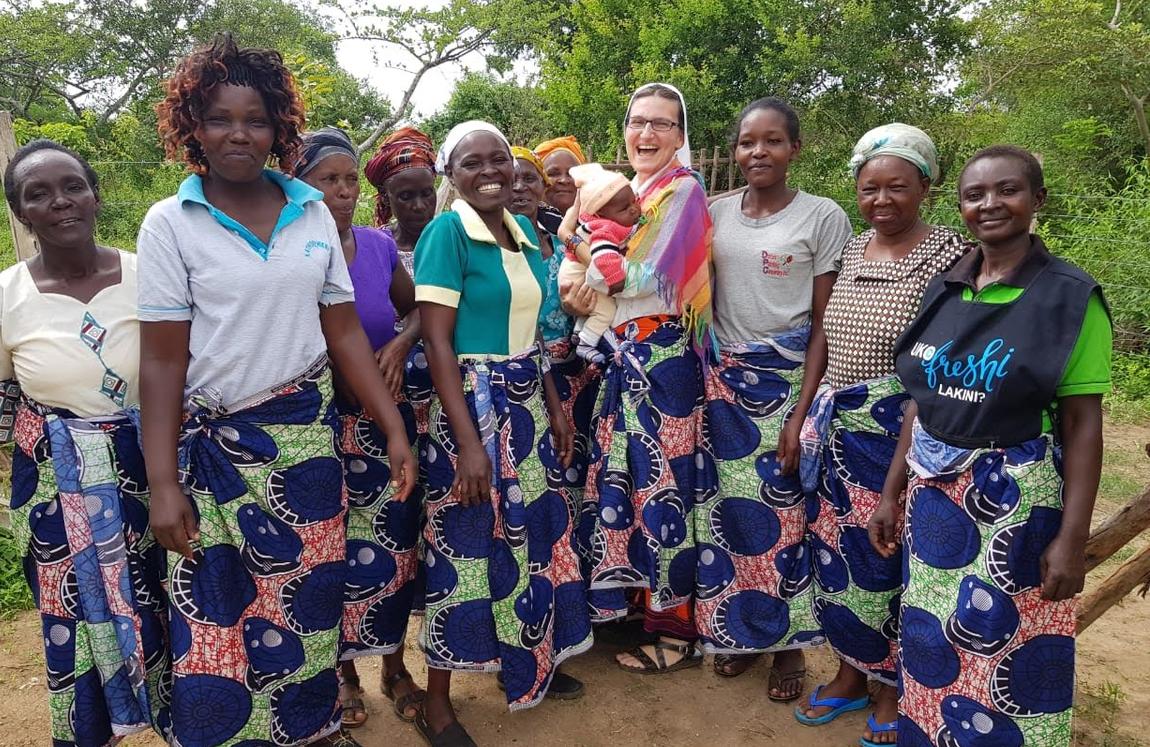
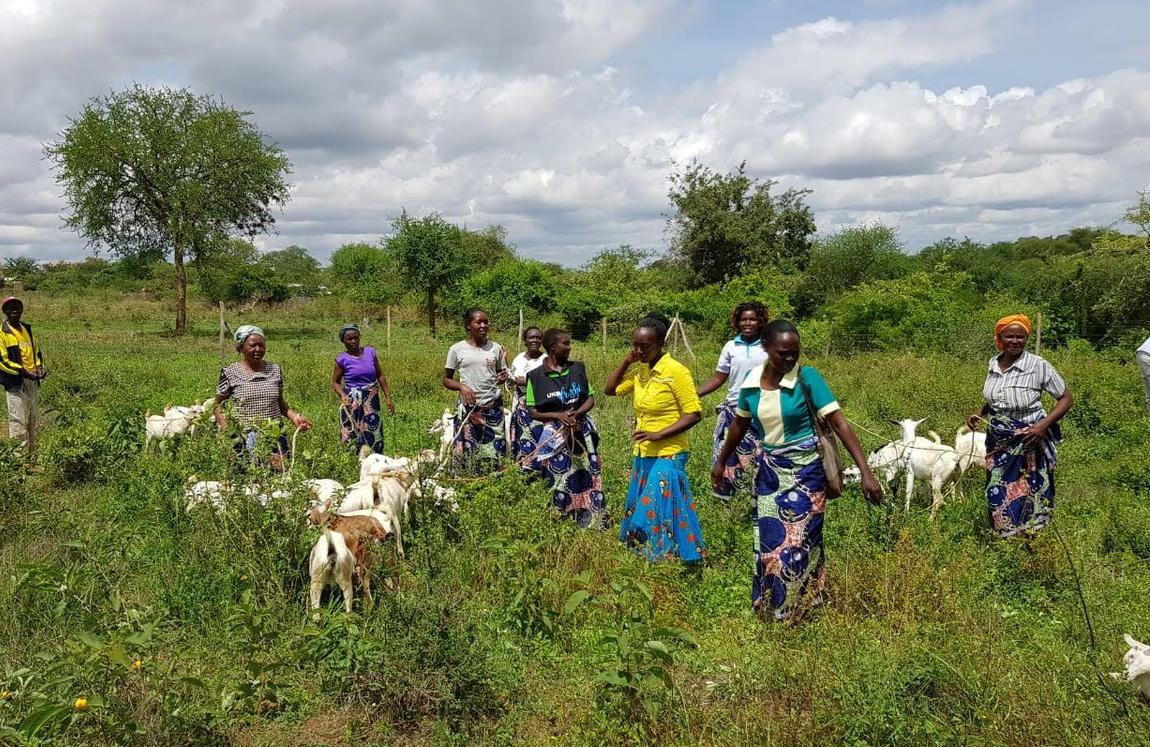
IN PROGRESS
Projects
Sister Federica Zoia is a courageous and tenacious doctor, a woman full of energy, vitality and passion, who has chosen to dedicate her life to serving others. For many years she has lived and worked in Kenya, in Kathonzweni, near Nairobi. Valter Baldaccini met her during one of his trips to Kenya. The result was a solid and deep friendship, which would lead to the creation of various humanitarian projects.
In one of her first letters, when the idea of a common planning approach to the Baldaccini Foundation began to emerge, Sister Federica wrote to us: "Women are the backbone of African society and this simple project can have a significant impact on their existence and on many other people. We believe and hope together in the possibility of a new dawn for many Kenyan women!”
Building a project for Kenyan women also means giving concrete help to all their families. Offering each of them a job opportunity guarantees a small income, a certain source of livelihood and a path towards autonomy and independence.
The project on Kenyan soil was called "Mutanu" or joy, the joy that 20 women are rediscovering through the dignity of work led by Sister Federica. They are women who live in absolute misery and poverty and who thanks to this work can grow lots of vegetables to sell in the local market, creating income for themselves and their families.
It was the summer of 2018 when, after identifying and purchasing a piece of land, the first operational meetings with the women involved in the project began. Then the construction of the greenhouse finally began. In September of that year, thanks to the constant commitment and hard work of women, the first tomato plants sprouted.
On year after the Mutanu project began, the garden is beautiful and luxuriant. The plants are growing and the vegetables ripening and the women, enthusiastic about having this unique opportunity, have started selling the garden fruits to the market. Furthermore, the expansion of the external part of the greenhouse has begun, which will be used for the cultivation of peppers. “You have truly changed the lives of these women and made them happier” Sister Federica told us.
Between 2019 and 2020, thanks to the support of many donors, a small goat farm also began. Each of the women is entrusted with two animals. Raising goats means having milk and meat that can be consumed and sold. This is possible because of the herd’s growth.
The great challenge of 2021 was to train the women of the project. It was not easy, but it was the only possible way to allow women to become more and more autonomous. Thus, armed with pen and paper, the women attended two training courses: one dedicated, specifically, to the development of agricultural techniques, the other to microcredit, essential to lead them towards complete autonomy.
Since 2021, the drought problem in Kenya has been very serious. Everyone has begun to feel the effects of the lack of water: people, animals, the plants in the garden. The women have organized themselves with a small supply of water kept in cisterns and tanks, but there are weeks when not even these supplies are enough.
In spite of these challenges, the women’s enthusiasm and commitment never stopped. Still, the adventure for the breeding of goats is ongoing. The women proposed the construction of a chicken coop in 2022, an important source of livelihood and income thanks to the sale of chicks and eggs.
In 2023, the women would like to increase the farm’s breeding activity by purchasing one cow each. 20 cows would make it possible to produce a lot of milk which is an important source income increasing the livelihood of the farm.
Furthermore, analyzing the needs of the area, the women have thought about creating a small business: in Kenya there are often outdoor events which require a tent and chairs that can be rented to those who need them. Mutanu women are becoming small business owners!
Sr. Federica wrote to us: “There are many difficulties, but we can say that this project is fantastic. Our women are proud to be part of it: for them, the pink garden represents a way to give meaning to their days. Walter would be proud of them! I'm sure. Mutanu in name and in fact. There is so much joy in this green house!”.
The Mutanu project, the pink garden, the maintenance of the greenhouse and the breeding of chickens, goats and cows is possible only thanks to those who, every day, choose to be close to these women. Don't miss your support: donate today.
Get all the updates on current projects and initiatives